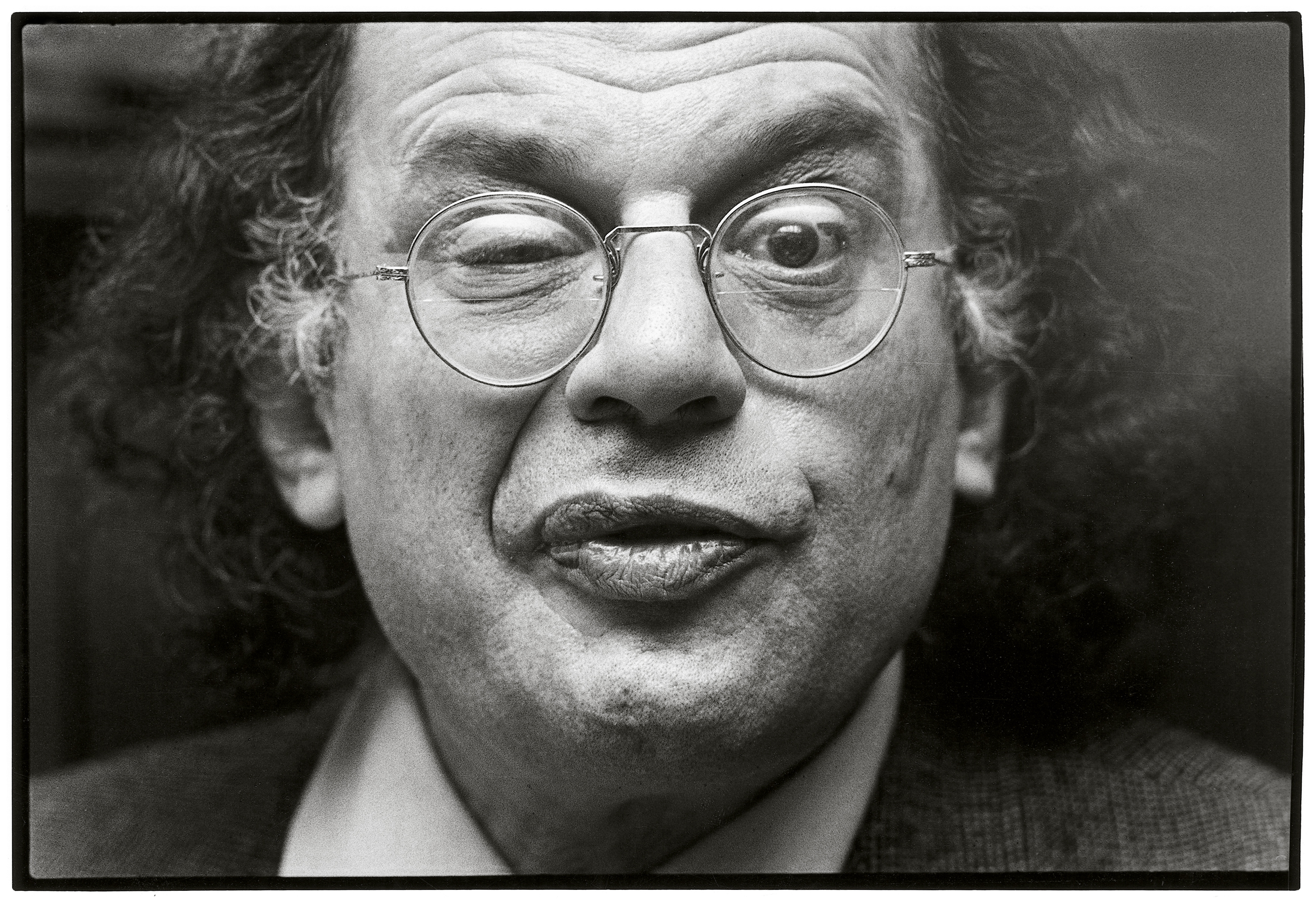After taking a look at and annotating some poems from Allen
Ginsberg, I have noticed many common parts that appear in his poetry. I
chose Ginsberg almost blindly, only scanning “Homework” before putting him on
the list of choices and hoping that no one had already picked him. The first similarity I saw is that many of
his works share the theme that there is much wrong with the world, specifically
the United States. “Homework” and “America”
both point to situations such as pollution or abuses that reveal Ginsberg’s
pessimism toward the world in his time.
Since he wrote poetry at around the time of the Cold War, I was not
surprised that he had problems with the way that America was handling
situations such as stockpiling nuclear weapons and ignoring the environmental
consequences of the country’s actions. Ginsberg’s
poetry is also strictly free verse and includes many allusions to events
well-known to people of the 1950s.
Readers of his time as well as those who know a good bit about
twentieth-century history would be able to understand every reference that he
makes, which gives each of his poems an even stronger impact. These common elements of Ginsberg’s poetry
really unify his work even though he uses very different lengths and main
strategies to convey his negative feelings toward the world.
I started off with “Homework” and “America” to prepare myself for “Howl,”
Ginsberg’s monstrously long masterpiece.
I did not have too much trouble analyzing
the former two, but “Howl” is more than twice the length of “America,” taking
up five pages of paper and including much longer trains of thought. It is going to take me at least a few more
days to fully grasp “Howl” because it is unlike any other poem I have ever seen before. “Homework” and “America” at least
had shorter verses to help me soak in all of the information more clearly, but “Howl”
sometimes has lines that could be worth their own paragraphs. I am very interested to see what I will find
from “Howl” as I begin to tackle it this week, and I know that it will be worth
the read.


No comments:
Post a Comment